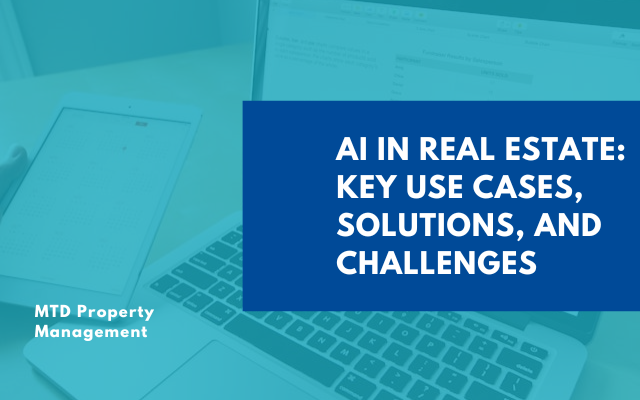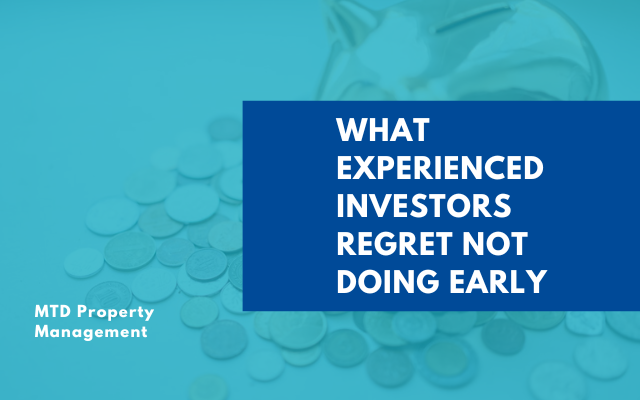Landlords have a duty to keep their rental properties habitable. And part of that entails keeping the property up to code when it comes to certain safety and security standards.
As a landlord, it’s important that you familiarize yourself with the safety standards prescribed under your state’s warranty of habitability. Failure to do so can have legal and/or financial repercussions for you and your investment.
What’s more, providing your tenant with a safe dwelling can have a positive impact on your investment. The peace of mind you give your tenant can result in a long-term tenancy and an overall good landlord-tenant relationship.
Generally speaking, the following are the safety standards you must assure your tenants of.
1. Plumbing
You have a duty as a landlord to ensure the plumbing system is working as it should. Plumbing issues can result in extensive property damage, even leading to emergency maintenance issues. This damage can include rotting wood and plaster, mold growth, and can even leave your home vulnerable to pests.
To prevent issues like this, you’ll want to conduct preventative maintenance in this area. When inspecting your property, you’ll also want to check for telltale signs of plumbing issues, as well. Examples of such issues include:
- Spiking water bill
- Constantly running toilet
- Slow drains
- Dripping or leaking faucets
- Nasty smell and noisy pipes
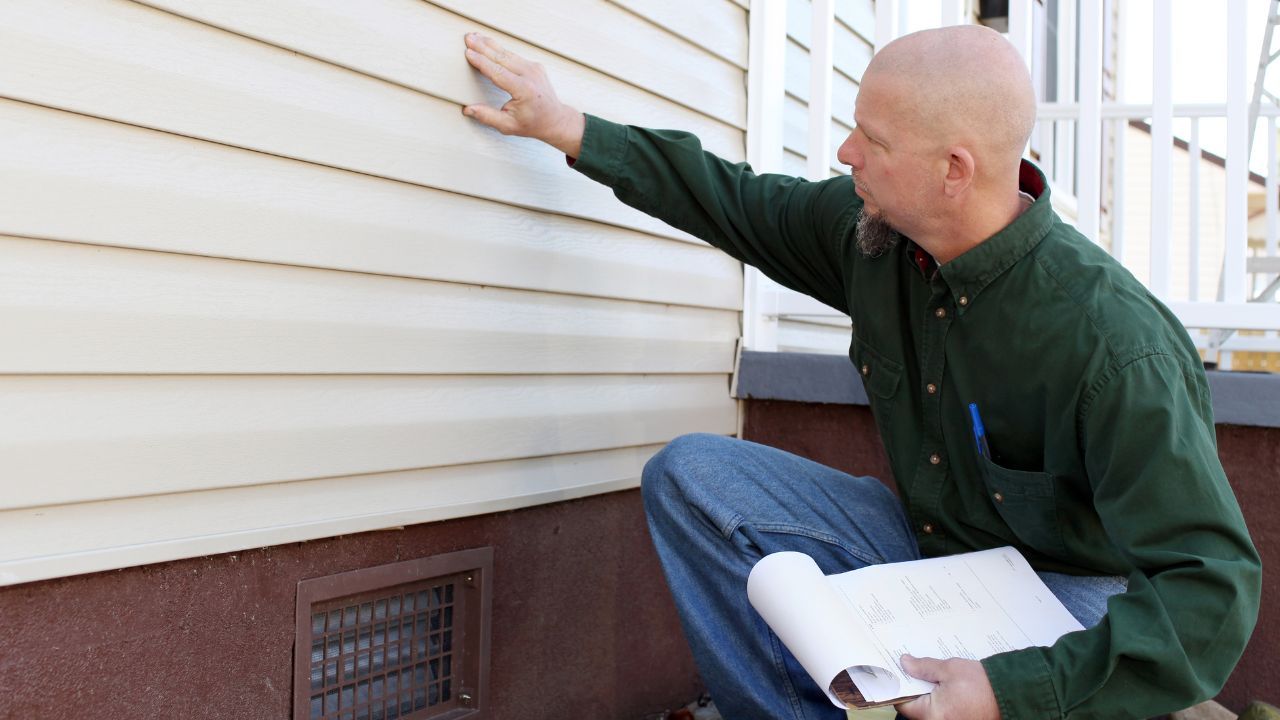
The best way to prevent most plumbing issues is by being proactive when it comes to cleaning. Also, you’ll want to make sure that you only install quality piping to minimize leaks.
2. Heating
As a landlord, you have a responsibility to provide your tenants with hot running water. If a tenant requests repairs, you need to respond within a reasonable timeframe. In the state of Illinois, you must respond within 14 days. If you don’t, the tenant may choose to make the repairs themselves and deduct the costs from future rent payments, or simply withhold rent until you fix the issue.
For this reason, boiler maintenance is important for ensuring your rental property remains livable. A broken heater is a fire risk, which can endanger the lives of your tenants. Telltale signs that a boiler needs servicing include higher heating bills, foul smells, leaks, lack of hot water, and strange sounds.
To ensure the boiler runs as it should, you need to inspect it regularly. Ideally, you’ll want to have it serviced once every year. The servicing must also be done by a qualified professional.
3. Electricity
Electrical issues can be life-threatening. Old properties, in particular, are prone to electrical issues. If you happen to be renting out an old house, you may want to upgrade the electrical systems to current standards to stay up to par with safety codes.
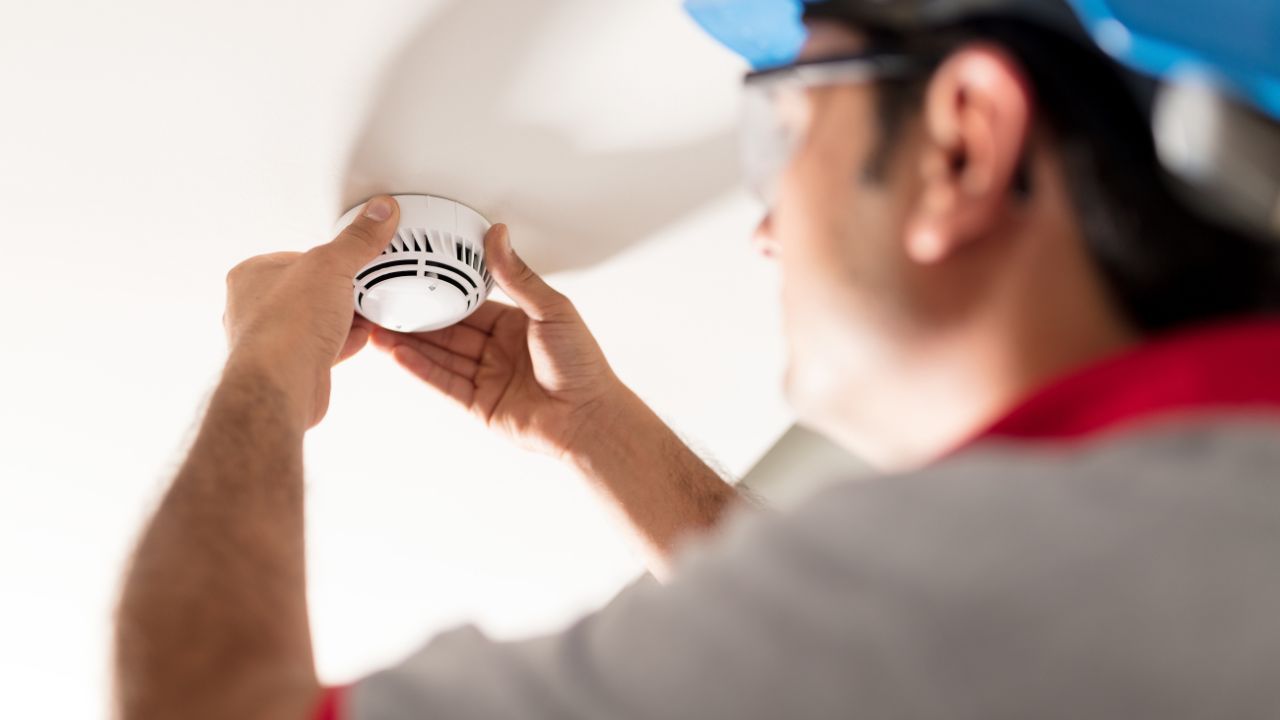
A certified electrician can help advise you on the required safety standards. Nowadays, Ground Fault Circuit Interrupters (GFCI) outlets are mandatory for rental properties. These outlets help protect an electrical system in areas near water, such as the bathroom. Expect to pay an average of $210 to install a GFCI outlet.
4. Paint
Federal law requires that landlords provide a lead-based disclosure to their tenants. This applies specifically to landlords renting out properties built before 1978. Before 1978, the use of lead-based paint was commonplace.
However, lead-based paint was found to be associated with lead poisoning in children. When lead-based paint peels or cracks, it releases lead paint chips and dust into the air. This can lead to a number of health issues, including anemia, kidney and brain damage, and even death.
Consequently, it was banned for residential use in 1978. And in addition to the ban, landlords in all 50 states are required to disclose information on the presence of lead-based paint to their tenants. Other mandatory disclosures Illinois landlords are required to make to their tenants include:
- Presence of radon gas in and around the rental property.
- How shared utilities are calculated for every tenant.
5. Carbon Monoxide & Smoke Detectors
Carbon monoxide poisoning comes from a variety of sources including fireplaces, boilers, water heaters, and gas stoves and ovens. It is an odorless and colorless gas, which makes it hard to detect.
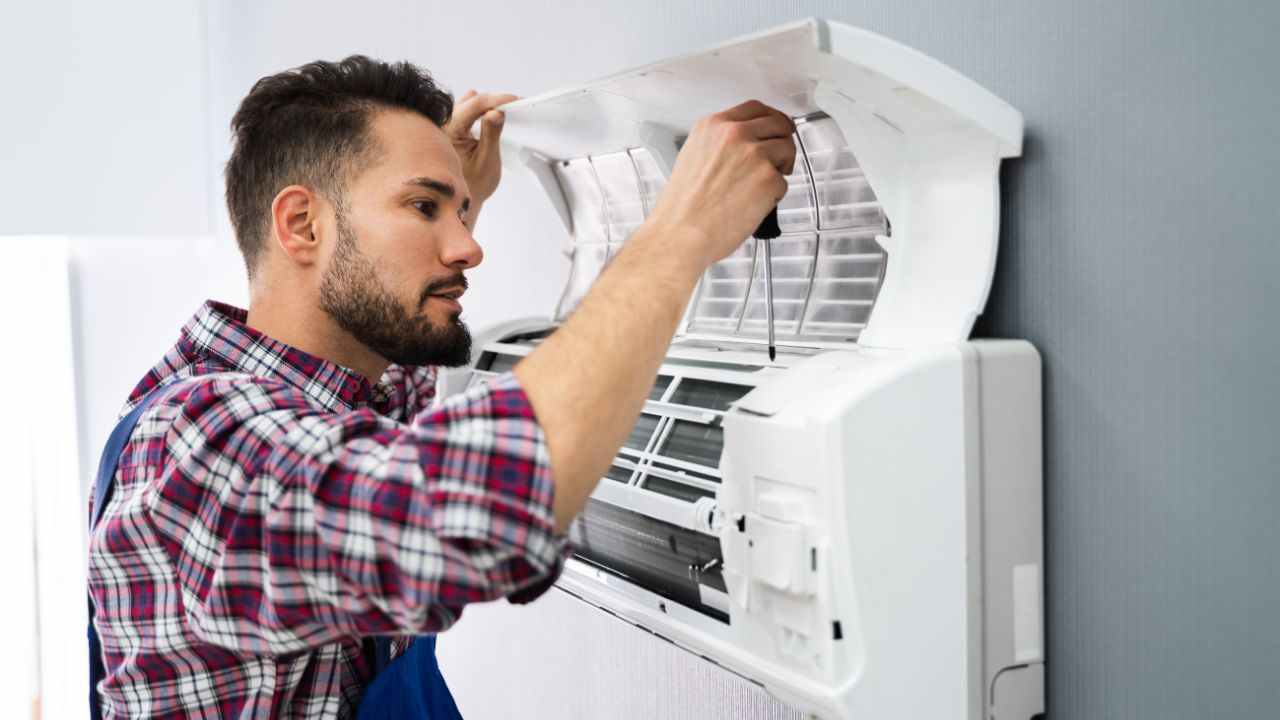
Providing your tenants with functional detectors is key to their safety. Ideally, you’ll want to test your detectors on a monthly basis. For most detectors, all you’ll have to do to test their functionality is to press the test button for a few seconds after which it should beep. Smoke alarms will alert you with three consecutive beeps, whereas carbon monoxide detectors will alert you with four consecutive beeps.
6. Floors, Walls, & Ceilings
Are you renting to retirees or families with children? If you are, then you need to pay attention to the flooring material you install in your rental property. Slippery flooring surfaces can be dangerous.
You also want to ensure that the flooring surface is flat and not uneven or sloping. These issues can be telltale signs of structural damage. If you notice such issues, get in touch with a foundation repair specialist. Also, check for cracks in the walls. While hairline fissures aren’t anything to fuss about, cracks wider than 1/10 inch should concern you.
As for ceilings, the standard height should be around 10 feet. The ceiling material should have low thermal conductivity. This ensures that occupants aren’t exposed to severe heat during hot weather conditions.

7. Pest Infestation
This is a common source of conflicts between landlords and tenants. The warranty of habitability requires that landlords provide a home free of pest infestations. Pests are not only inconvenient to tenants, but are also destructive. It’s always a good idea to exterminate your property every time a tenant moves out.
Bottom Line
As a landlord, you have a legal obligation to provide your tenants with a livable rental property. Failure to do so can result in legal and financial ramifications. For expert help with this, work with the experts at
MTD Property Management. MTD Property Management provides sophisticated property management services in Chicago and the surrounding areas. Get in touch to learn more!

